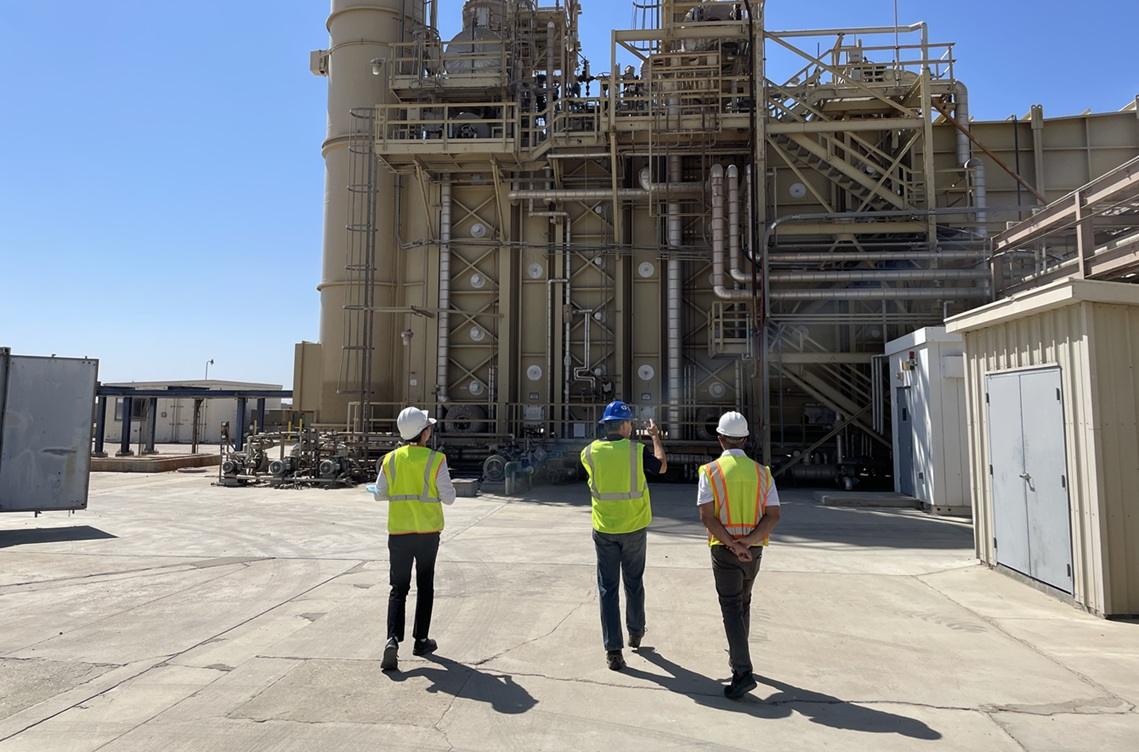EU Commits €4 Billion to Fund Decarbonization, Cleantech Manufacturing Projects
The European Commission announced that it will invest €4 billion for the deployment of innovative decarbonization technologies, with an increased focus on cleantech manufacturing projects, utilizing funds raised through its EU Emissions Trading System (EU ETS).
The announcement marks the Commission’s fourth large-scale call for decarbonization-focused projects under the EU Innovation Fund, one of the world’s largest funding programs for the demonstration of innovative low-carbon technologies. At €4 billion the current call is substantially larger than prior rounds, due to increased revenue from the auctioning of allowances under the EU ETS.
Established in 2005, the European Emission Trading System puts a price on carbon emissions for key GHG intensive sectors, including electricity and heat generation, oil refineries, steel, cement, paper, chemicals, and commercial aviation, among others. Earlier this year, EU lawmakers agreed to increase the EU ETS’ scope, raising the direct emissions reductions required by covered sectors, and expanding the system to new sectors. The EU ETS is now expected to generate revenues of approximately €40 billion from 2020-2030.
Wopke Hoekstra, Commissioner for Climate Action, said:
“The Innovation Fund is our key tool to support European industries in the transition to climate neutrality. More and more innovative projects are announced in Europe every day. The Innovation Fund ensures that the most promising ones in terms of emission reductions and scalability come to fruition. On the road to net zero, we need to combine climate imperatives with economic opportunities.”
Allocations areas for the new investments include €2.4 billion for “general decarbonization,” €1.4 billion for “cleantech manufacturing,” and €200 million for deep decarbonization “pilot” projects.
General decarbonization funding allocates €1.7 billion for large-scale projects with capex above €100 million, €500 million for medium-scale projects between €20 million – €100 million, and €200 million for smaller projects, and includes technologies targeting energy-intensive industries, carbon capture use and storage, renewable energy and energy storage, and has now been opened to the maritime, road transport and buildings sectors.
The allocation to cleantech manufacturing doubles the investment from the prior call, and is aimed at manufacturing components for renewable energy, energy storage, heat pumps and hydrogen production. Pilot funding targets highly innovative projects focused on deep decarbonization of key sectors, with investments in areas including environmentally safe carbon capture and utilization, and substitutes for carbon intensive products.
The Commission said that projects will be assessed based on their potential to reduce greenhouse gas emissions, as well as the degree of innovation, maturity, replicability and cost efficiency. The Innovation Fund can cover up to 60% of a project’s relevant costs.
Maroš Šefčovič, Executive Vice-President for European Green Deal, said:
“The success of the European Green Deal depends on our ability to innovate and decarbonise our industry, our transport and our energy sector. We are investing massively in this transition by using the revenues of emissions trading. This is a sustainable model that brings down emissions and boosts the competitiveness of European industry.”





